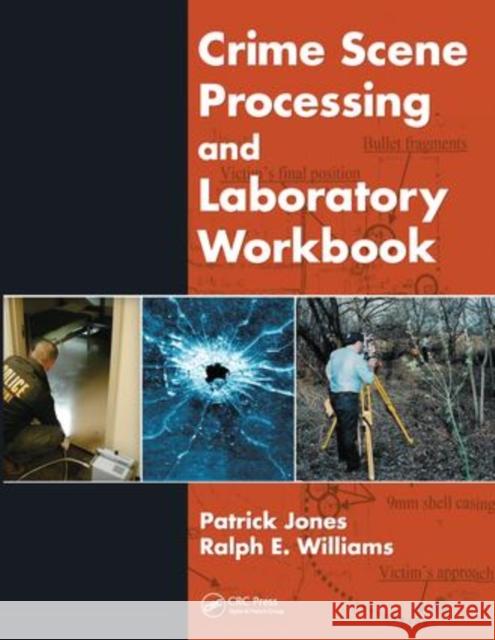Crime Scene Processing and Laboratory Workbook » książka
Crime Scene Processing and Laboratory Workbook
ISBN-13: 9781138426849 / Angielski / Twarda / 2020 / 282 str.
Crime Scene Processing and Laboratory Workbook
ISBN-13: 9781138426849 / Angielski / Twarda / 2020 / 282 str.
(netto: 861,18 VAT: 5%)
Najniższa cena z 30 dni: 805,98
ok. 16-18 dni roboczych.
Darmowa dostawa!
The most important part of a CSI‘s (crime scene investigator) job is accurate documentation of properly collected evidence. Documentation tells the story of the crime and can ultimately prove a suspect guilty. Through an array of specific exercises and actual document templates used in practice, Crime Scene Processing and Laboratory Workbook teaches students the proper physical evidence collection and processing techniques which will enable them to master the skills necessary to become a proficient CSI.Building on prior knowledge and facilitating hands-on experience, this laboratory manual allows students to practice the methods, procedures, and techniques associated with forensic science, crime scene investigation, documentation, and evidence handling. What makes this lab manual unique is that it follows a single hypothetical case to show each of the investigative techniques in the context of a real crime. Highlighting the skills and equipment needed for each assignment, the text presents over twenty separate exercises that alternate between investigating physical evidence specific to the crime scene and evidence specific to the laboratory. The book also provides useful forms, including the laboratory submission request, that duplicate real-world experience and demonstrate how to properly collect, record, and submit evidence.This volume is a useful companion to Gardner‘s Practical Crime Scene Processing and Investigation and Fisher‘s Techniques of Crime Scene Investigation. The exercises are designed to be completed with or without the help of a partner or as a member of a team. The appendices contain supplemental forms and numbered tent cards that can be used during the exercises along with other additional material such as a glossary and instructions on how to accurately write reports.











